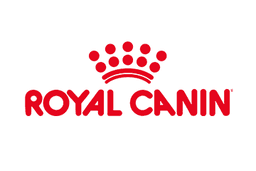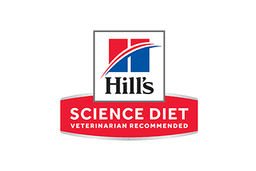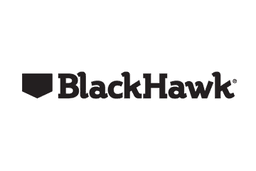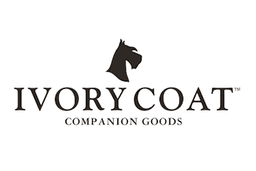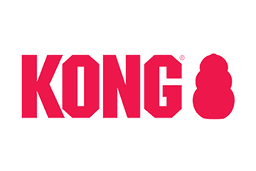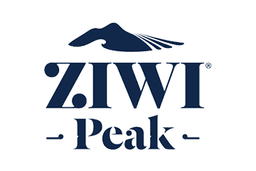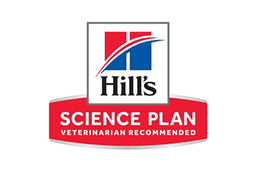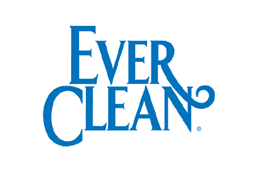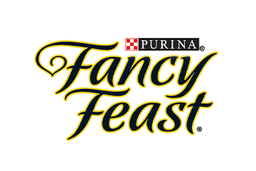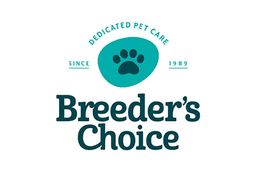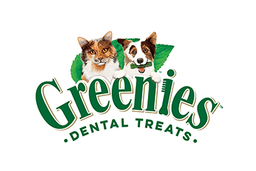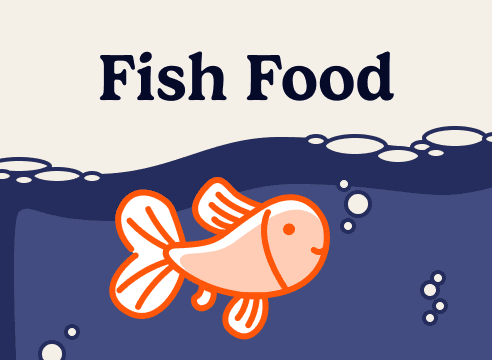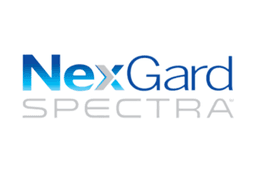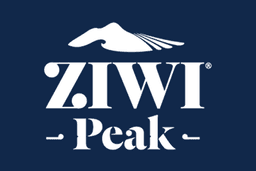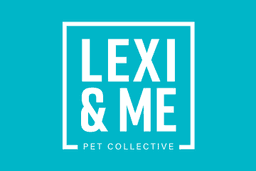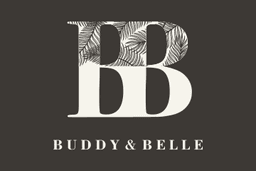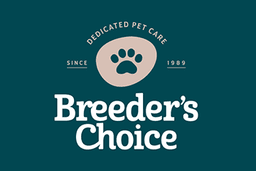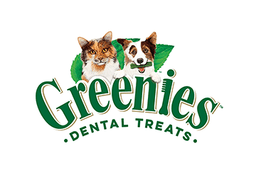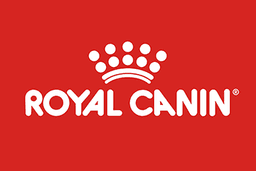Royal Canin
Trending Searches
Why Choose Royal Canin: Quality and Vet Recommendations
Royal Canin is manufactured in facilities around the world, including the United States, France, Canada, and Brazil, all adhering to strict quality control and safety standards. Known for its research-driven approach, Royal Canin develops formulas that target specific health and dietary needs. This commitment to precision nutrition is one of the key reasons why veterinarians frequently recommend Royal Canin for cats and dogs with special dietary requirements.
Frequently Asked Questions
Where is Royal Canin made?
Royal Canin produces its pet food in several global locations, including facilities in the United States, France, Canada, and Brazil. Each facility is operated to meet strict safety and quality standards, ensuring that all products provide consistent, high-quality nutrition.
Why do vets recommend Royal Canin cat food?
Veterinarians recommend Royal Canin for its science-based approach to pet nutrition. Royal Canin creates specialized diets to support a range of health issues, such as urinary health, digestion, and skin and coat care, as well as breed-specific and life-stage formulas. This precise formulation helps to address specific health needs, which makes it a trusted choice among vets.
How much Royal Canin should I feed my dog?
The amount of Royal Canin to feed your dog depends on factors such as age, weight, breed, and activity level. Feeding guidelines are provided on the packaging of each Royal Canin product. Generally, it is best to consult these guidelines and adjust based on your dog’s individual needs or consult your veterinarian for more specific recommendations.



